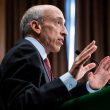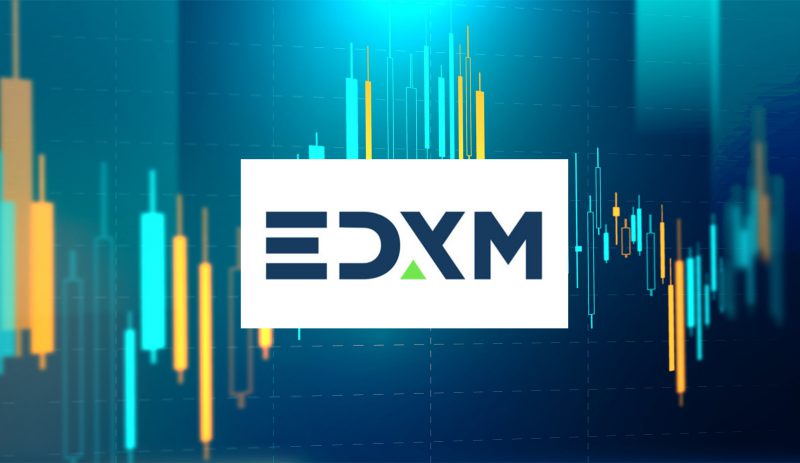Despite the initial buzz and publicity, the debut of EDX Markets, a new crypto exchange, went relatively unnoticed. In an industry that sees the launch of numerous exchanges regularly, EDX Markets stands out due to its significant backing from prominent firms such as Citadel Securities, Fidelity Investments, and Charles Schwab.
According to reports, EDX Markets commenced its operations in the past few weeks, and an official announcement is anticipated later today. Setting itself apart from typical exchanges, EDX Markets operates as a “noncustodial” entity. This unique approach means that the exchange does not directly handle its customers’ assets. Instead, it functions as a marketplace where participating firms utilize EDX to establish trade prices. The actual transfer of crypto assets and cash between these firms is conducted to settle the trades.
EDX has adopted a cautious approach by offering trading services for only four crypto assets. This includes Bitcoin [BTC], Ethereum [ETH], Litecoin [LTC], and Bitcoin Cash [BCH]. Notably, these crypto assets have not been classified as securities by the U.S. Securities and Exchange Commission [SEC], yet. Through this, the exchange would be dodging scrutiny by regulators.
Did Binance and FTX prompt EDX to take the noncustodial route?
The entire globe has witnessed the downfall of FTX. The Sam Bankman-Fried led firm collapsed back in November 2022 causing a major disruption. Binance is also battling off a lawsuit that accuses the exchange of displacing billions of dollars of customer assets. Amidst all of this, EDX seems to have chosen a different route to the same destination.
According to a report from the Wall Street Journal, EDX’s CEO, Jamil Nazarali, commented on the failure of FTX. Nazarali highlighted that FTX’s failure has led to increased demand for a crypto exchange that eliminates the inherent conflict of interest associated with storing customer funds.
Is this a game-changer for the crypto industry?
The recent launch of EDX is pertinent for several reasons. One of the key factors is the continued involvement of Wall Street firms in the crypto space. The support and backing of Citadel Securities, Fidelity Investments, and Charles Schwab demonstrate their ongoing interest in the crypto market. This is despite regulatory challenges from the Securities and Exchange Commission [SEC]. Additionally, it also highlights the transition of the Citadel’s founder, Ken Griffin from being publicly hostile towards crypto to backing a whole new exchange. He previously stated,
“I wish all this passion and energy that went into crypto was aimed at making the United States stronger. Let’s face it, it’s a jihadist call that we don’t believe in the dollar.”





